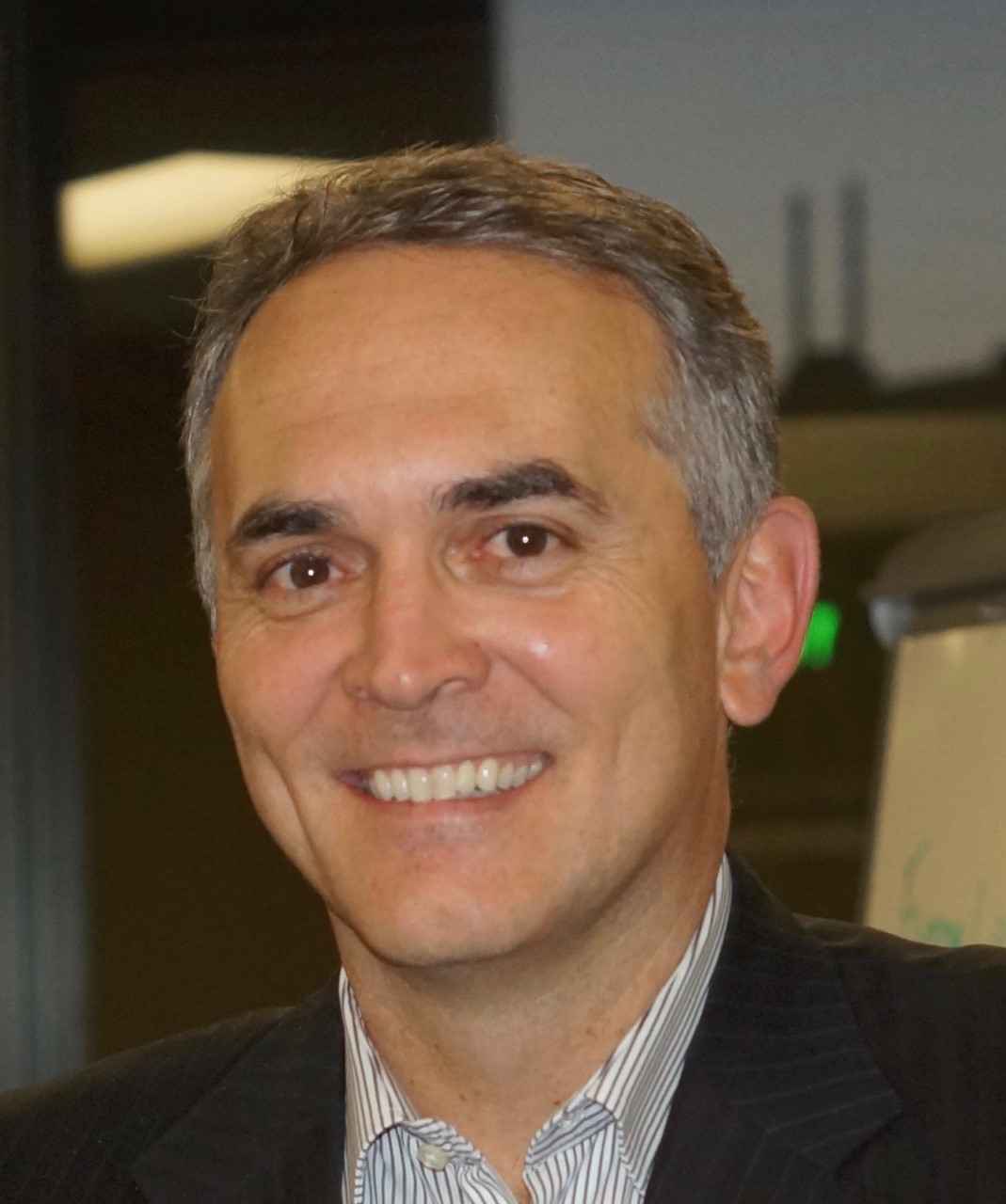Telus's strategic investment arm plans to extend its presence outside of Canada while continuing to bet on areas like agriculture and health.
Telus Ventures intends to grow its international footprint as it looks to build up its investments in areas like healthcare and agriculture, according to Mario Mele, vice-president of corporate planning and strategy for Telus Ventures, the strategic investment arm for Canada-based communications technology company Telus.

“We want to expand the global presence,” Mele (pictured) tells Global Venturing. “We’ve got a global mandate that is beyond the Canadian borders. We’ve done investments in many sectors, in the US, UK, Israel, Sweden, Australia and other places. And we’ll continue to look globally at investments.
“It could mean we do set up shop and put up a shingle in some of these locations – we’re keen to partner with others to help us along the path. It isn’t something that happens overnight, but we’ll continue to grow and commercialise investment opportunities along the way.”
The unit was formed over 20 years ago by Telus and invests between seed and series D stage off balance sheet, with annual budgets decided by the company’s chief executive and chief financial officer. These are currently around the C$100m ($76m) mark. It also backs funds as well as startups.
“I think we’re heavily connected to the Canadian market,” Mele says. “Not just through ourselves and our individual team members, but we’ve also invested into a couple of different funds – ScaleUp Ventures, Panache Ventures – each of these within the Canadian context gives us some insight into what is transpiring.
“Relatively speaking, I think Canada is one of the top three or four countries in the world that has the advancement in these technologies that are going to have impact across the globe in the areas that we’re focused on, whether it’s health or agriculture or some of those IoT or connectivity things.”
From telecoms to farming and health
It all begs the question, however: Why is a telecoms company investing in areas like healthcare or agritech?
“It’s about ensuring a couple of different things,” Mele says. “We’re more than a telecom company, we’re a social impact organisation. We want to make good for customers across the globe and that means more than just a profit mandate. There’s a social mandate that we otherwise have.
“We’re more than a telecom company, we’re a social impact organisation.”
“There were strategic reasons why – I think it was 2006 or 2007 – we went into the digital solutions and customer care space and then into the healthcare space. As opposed to where our competitors are in Canada in the media space, how do we make a difference for customers in areas that have impact and societal good?
“So, these areas like agriculture and healthcare make a difference for customers. And it’s by extension. They have connectivity at their core, but agriculture is international and Telus is international. We’re in tens of different countries for both of those [areas].”
Telus’s own agriculture business involves connected technology for the industry, and when the acquisition of mental health specialist LifeWorks closes it is set to significantly expand the reach of the corporate’s digital health offering.
Other 5G bets

Both are technologies which could be strengthened by the increases in connectivity that will be afforded by 5G, along with some other diverse areas for Telus Ventures that may lead to M&A.
“We’ve done some things in the smart energy space, what I would call the smart automotive space and in the smart worker space,” Mele says.
“In the smart automotive and worker spaces it’s about safety, and in the smart energy space it’s about trying to get to a place that says: ‘How do we help some of society’s larger concerns with energy management and getting smart tools at the front end for customers to be able to use?’
“Some innovations may work and some may not work. At the end of the day from a venture perspective, these are product offerings that we want to hopefully extend to our customer base and have an impact there.
“If they work, fantastic: we’ll look to white label them into our organisation. From a ventures perspective, notwithstanding the fact we want the portfolio company to grow, if they are really successful they may be prime downstream for us to acquire them.”









